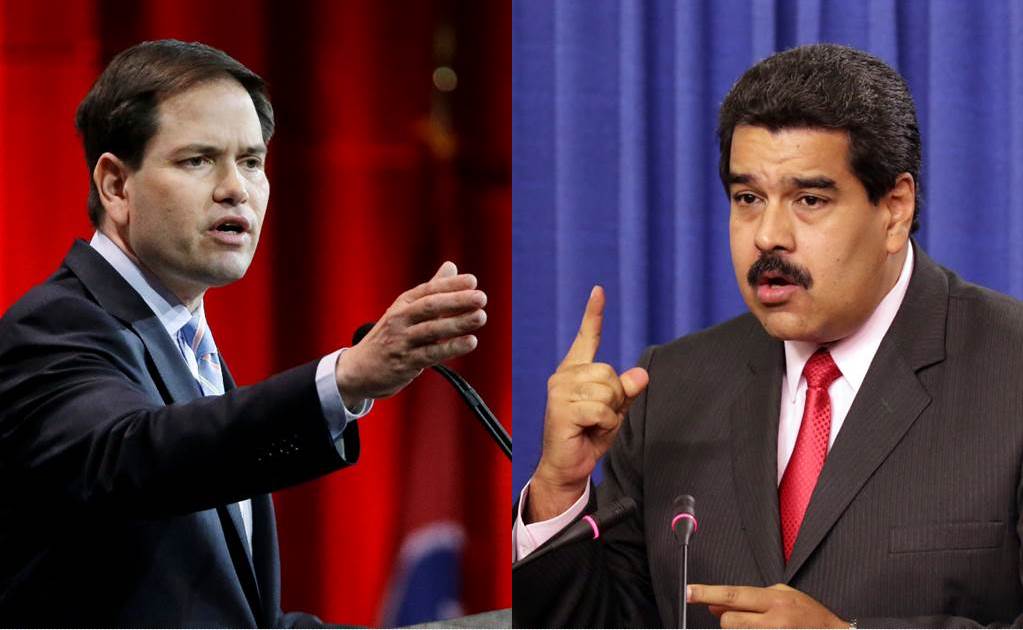U.S. Secretary of State Marco Rubio said Venezuela’s Nicolás Maduro and his allies constitute a criminal enterprise masquerading as a legitimate government.
Speaking in a State Department video released Thursday on Facebook, Rubio announced that Washington will confront narco-terrorist networks active in the region.
He said designated narco-terrorist groups use international airspace and waters to move drugs into the United States and “will be confronted”, framing the issue as a national-security priority.
Referencing the ‘Cartel de Los Soles’ in Venezuela, he said, “The Maduro regime is not a government. It’s not a legitimate government. We’ve never recognized them as such. They are a criminal enterprise that basically has taken control of national territory of a country and who, by the way, are also threatening U.S. oil companies that are operating lawfully in Guyana.”
The Maduro government has over the years intercepted vessels operating legally in Guyana’s waters, as Caracas continues its overtures for Guyana’s land and maritime territory.
There is a case before the International Court of Justice (ICJ) which centers on the 1899 Arbitral Award, which legally determined the boundary between the two countries.
Venezuela, after accepting the boundary for decades, declared the award null and void in 1962 and has since claimed over two-thirds of Guyana’s territory in the Essequibo region. Guyana initiated legal proceedings at the ICJ in 2018, following UN Secretary General António Guterres’ determination that judicial settlement was the best path forward.
The ICJ subsequently ruled it had jurisdiction over the case in 2020, rejecting Venezuela’s objections.
Rubio’s comments come as the United States moves additional air and naval assets into the southern Caribbean to counter Latin American drug cartels, according to a Reuters report released on Thursday. The agency cited three sources briefed on the decision.
The deployment is expected to include P-8 maritime patrol aircraft, at least one warship and an attack submarine operating in international domains, with missions focused on intelligence, surveillance and potential targeted strikes if authorized.
Rubio said the administration’s posture toward the Western Hemisphere’s drug-trafficking networks has been clear since the start of the President’s term: “Anything that’s a threat to the national security of the United States, he’s going to confront.”
He tied that stance to groups operating across borders and to actors in Venezuela he described as using State cover for criminal activity.
U.S. officials have in recent months stepped up surveillance of major cartels and deployed naval assets to support border security and counter-trafficking operations, part of a broader effort to disrupt drug flows and deter associated violence, Reuters reported.



